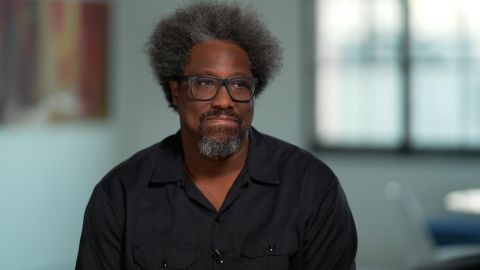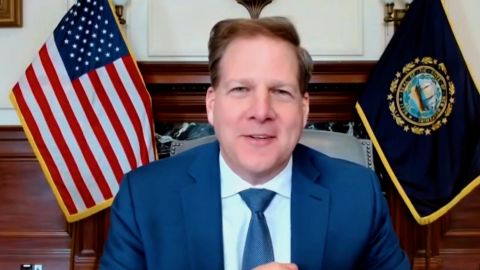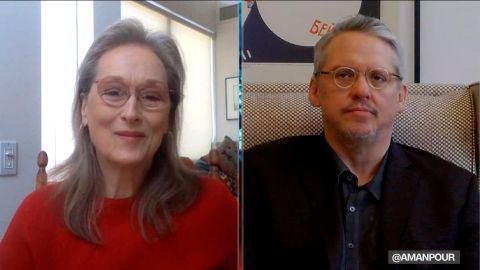Read Transcript EXPAND
CHRISTIANE AMANPOUR: When particularly black journalists, or black editors, for instance of Ebony and the rest, you know, they came under a lot of pressure when they tried to tell the story. Explain that. What was the situation within the black community because it came from the black community, the pressure?
W. KAMAU BELL, DIRECTOR, “WE NEED TO TALK ABOUT COSBY”: You know, well, Cosby had been a standard of the highest level of black excellence before we even had the term black excellence and common parlance. He was just a paragon of virtue of morality, of philanthropy, of community building. And so and for so many of us, by the time you get to the through the Cosby Show, he’d been with us for our whole lives like somebody like me. So when the story starts to come out, the allegations starts to come out, it just becomes as Jelani Cobb sort of too much to countenance. The bridge between America’s dad to accused of sexually assaulting raping over 60 women, it just became too much. And for some of us, we chose sides, you know, and I think the, for many people, because we are in a deficit of black role models in society, always, Cosby becomes too valuable to lose even if you believe these things happen.
AMANPOUR: And we’ve actually seen that with others. I mean, R. Kelly and the initial response is to say no, not in our community, you know —
BELL: Yes.
AMANPOUR: — and don’t touch. So again, I was really struck by the fact that it was a black comedian, Hannibal Burress, whose stick on stage basically went viral and started the public awareness of the dark side. Describe that.
BELL: You know, so I know him a little bit. We’re friendly. Hopefully, we’re still friendly after this comes out. But Hannibal was on stage. It was sort of a perfect storm. Hannibal Burress, who was an up and coming comedian in the public sphere was onstage in Philadelphia, doing his act. And at some point, I don’t know, we don’t have the footage, the whole show, but at some point he started talking about Bill Cosby, and talks about how — that he’s frustrated by Bill Cosby. At that point, also being a public scold of black people of the most oppress black people, of the most low income black people, while also claiming to be America’s dad, while also raping women is what Hannibal puts it that talks about the accusations of rape. And you can feel the crowd, again this is Philly, be like what oh, no, there’s sort of this. And for a lot of us, we are like, I had heard of these accusations. But I hadn’t put all these pieces together. And then just again, perfect storm, there’s reporting the back, Hannibal start talking about Cosby in Philadelphia. This reporter pulls out his cell phone with the worst cell phone camera ever because it’s 2014. And puts that online and that thing goes viral. And it’s this, again, a perfect storm of like, as Hannibal says in the series in the piece that we use from archival from the sway in the Morning Show, it wasn’t even a finished bit. But the most important thing Hannibal does in that that as he says, when you go home, Google Bill Cosby and rape, there are more results for that than Hannibal Buress.
About This Episode EXPAND
Actress Meryl Streep and director Adam McKay discuss the new film “Don’t Look Up.” W. Kamau Bell discusses his new series “We Need to Talk About Cosby.” New Hampshire Governor Chris Sununu explains why he will not be running for U.S. Senate this year.
LEARN MORE


